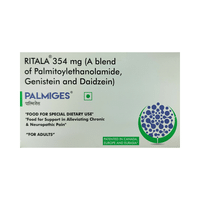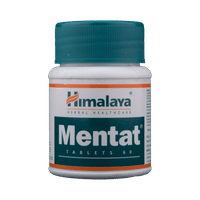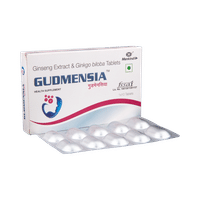Survector 100mg Tablet

Rs.158for 1 strip(s) (10 tablets each)
food interaction for Survector Tablet
alcohol interaction for Survector Tablet
pregnancy interaction for Survector Tablet
lactation interaction for Survector Tablet
food
alcohol
pregnancy
lactation
Survector 100mg Tablet is to be taken with food.
None
None
CAUTION
It is unsafe to consume alcohol with Survector 100mg Tablet.
UNSAFE
Survector 100mg Tablet may be unsafe to use during pregnancy. Although there are limited studies in humans, animal studies have shown harmful effects on the developing baby. Your doctor will weigh the benefits and any potential risks before prescribing it to you. Please consult your doctor.
CONSULT YOUR DOCTOR
Information regarding the use of Survector 100mg Tablet during breastfeeding is not available. Please consult your doctor.
CONSULT YOUR DOCTOR
SALT INFORMATION FOR Survector 100mg Tablet
Amineptine(100mg)
Survector tablet uses
{med_name} is used in the treatment of depression. It is used in patients intolerant of or unresponsive to alternative treatment options for depression.
How survector tablet works
Survector 100mg Tablet is a tricyclic antidepressant. It increases the levels of chemical messengers in the brain that help in regulating the mood and treat depression.
Common side effects of survector tablet
Increased heart rate, Blurred vision, Dryness in mouth, Weight gain, Difficulty in urination, Constipation, Orthostatic hypotension (sudden lowering of blood pressure on standing)
SUBSTITUTES FOR Survector Tablet
No substitutes foundExpert advice FOR Survector Tablet
- It may take 4 to 6 weeks for Amineptine to start working. Keep taking it as prescribed.
- It may cause sleepiness. Take it at bedtime and do not drive or do anything requiring concentration until you know how it affects you.
- Avoid consuming alcohol when taking Amineptine as it may cause excessive sleepiness.
- Monitor your weight during the treatment as this medicine can cause weight gain and increased appetite.
- Talk to your doctor if you notice sudden mood changes or develop suicidal thoughts.
Frequently asked questions FOR Survector 100mg Tablet
Amineptine
Q. What is Survector 100mg Tablet used for?
Survector 100mg Tablet is a medicine used to treat depression that is not responsive to any alternative medicines. It helps to elevate the mood and enhances the behavior by creating a feeling of well being.
Q. What are the side effects of Survector 100mg Tablet?
The most common side effects of Survector 100mg Tablet are increased heart rate, dryness in mouth, weight gain, difficulty in urination, constipation and orthostatic hypotension (sudden decrease in blood pressure on standing). Please consult your doctor if these side effects worry you, to know about ways of treating or preventing them.
Q. Does Survector 100mg Tablet cause any effect on pregnancy or the newborn?
Do not take Survector 100mg Tablet during pregnancy unless recommended by the doctor. If you take this medicine during the last trimester of the pregnancy, the newborn may develop symptoms such as irritability, rigidity, irregular body movements, irregular breathing, poor drinking, loud crying, difficulty in urinating and constipation.






















